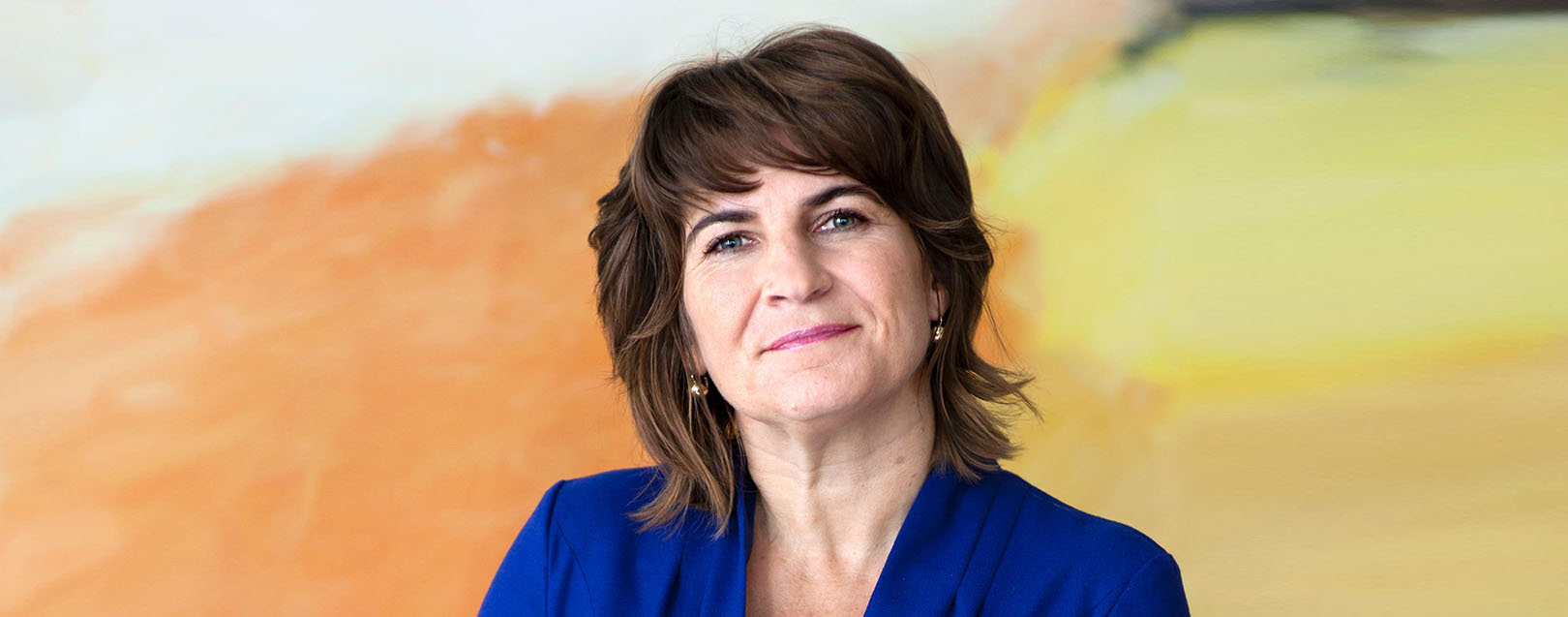
Lilianne Ploumen, Minister for Foreign Trade & Development Cooperation, Government of the Netherlands, was part of a large Dutch trade mission to India in June, which saw more than 40 contracts and MoUs being signed between the two nations. At the end of her trip, Ploumen spoke to The Dollar Business about her vision for economic cooperation between India and the Netherlands
Interview by Sisir Pradhan | July 2015 Issue | The Dollar Business
TDB: The Netherlands is one of India’s top trading partners in EU. Although India has enjoyed a trade surplus with the former, the same has been declining in the last two years. What do you think has led to this change?
Lilianne Ploumen (LP): To answer this precisely, we need to take a closer look at the composition of exports of both India and the Netherlands. Over the last two years, we have seen a decline in some of India’s major export items to the Netherlands, in particular petroleum products and road vehicles. I am confident that these will pick up again as the Dutch economy has also started to grow again. Having said that, in general, we would, of course, welcome a trade surplus on our side, especially if the total bilateral trade figure increases. Given India’s current growth figures, I am confident that the Dutch exports to India will grow further in the future. This should bring our bilateral trade back again to the levels of a few years ago, and even beyond that.
TDB: Your visit, along with Prime Minister Mark Rutte, generated a lot of interest in India. How satisfied are you with the outcomes of the trip?
LP: The business community was very pleased with the trade mission, because of the large number of participants it attracted and the fact that more than 40 contracts and MoUs were signed during it in sectors including water, waste management, IT and financial services. More than 80 companies accompanied us to India. Also CEOs and board members of some of the largest Dutch corporations joined this mission. This illustrates the positive sentiment among the Dutch business community. KPMG, Rabobank, Royal Shell and Port of Rotterdam were some of the participants. The results of this mission exceeded my expectations. The relations are getting stronger as we see that both countries are meeting each other on a high level and with multiple ministers at the same time.
TDB: Despite an overall slowdown in FDI into India in recent years, the same from the Netherlands has continued to rise. What do you attribute this to?
LP: We see India as a rising economy. It’s good economic practice to invest in places other than the most well-known markets. The Asian economy is growing very fast, and Indian GDP stands out with a growth rate of 7.5% – one of the highest in the world. In fact, we would like to step up our relationship. Dutch-Indian ties go back to the 17th century. Our nations share a long history, and our mutual interests and economies have always been the driving forces behind these ties.
TDB: Which sectors do you think offer opportunities for trade ties to increase between India and the Netherlands?
LP: We are both strong in the field of hi-tech. The Netherlands is well known for its water management and infrastructure, while India is known for its outstanding information technology (IT). During the recent mission, there were talks on infrastructure projects like coastal roads and the metro line in Mumbai. We would like to intensify the cooperation between the two countries, in order to enhance our economic relations even more. We would also want to learn from India and focus on knowledge and cooperate on this level too.
TDB: In India, farmers are still largely dependent on the monsoon and we are expecting a deficit monsoon this year. How can the Netherlands, which is well-known in the agri sector, help India in this regard?
LP: We have noted your requests and are looking at the scope to assist in this area. Many research institutions in the Netherlands are keen to work together, with their Indian counterparts, to come up with solutions and innovations. One of the organisations that took part in this mission is the University of Wageningen, which specialises in agriculture. It and many companies entered into matchmaking arrangements, with their counterparts, to explore scope for cooperation. India has a great potential to become a big player in food production. The country has enough land suitable for agriculture. The dependency on monsoon could be solved through implementing new irrigation systems.
Get the latest resources, news and more...
By clicking "sign up" you agree to receive emails from The Dollar Business and accept our web terms of use and privacy and cookie policy.
Copyright @2026 The Dollar Business. All rights reserved.
Your Cookie Controls: This site uses cookies to improve user experience, and may offer tailored advertising and enable social media sharing. Wherever needed by applicable law, we will obtain your consent before we place any cookies on your device that are not strictly necessary for the functioning of our website. By clicking "Accept All Cookies", you agree to our use of cookies and acknowledge that you have read this website's updated Terms & Conditions, Disclaimer, Privacy and other policies, and agree to all of them.

